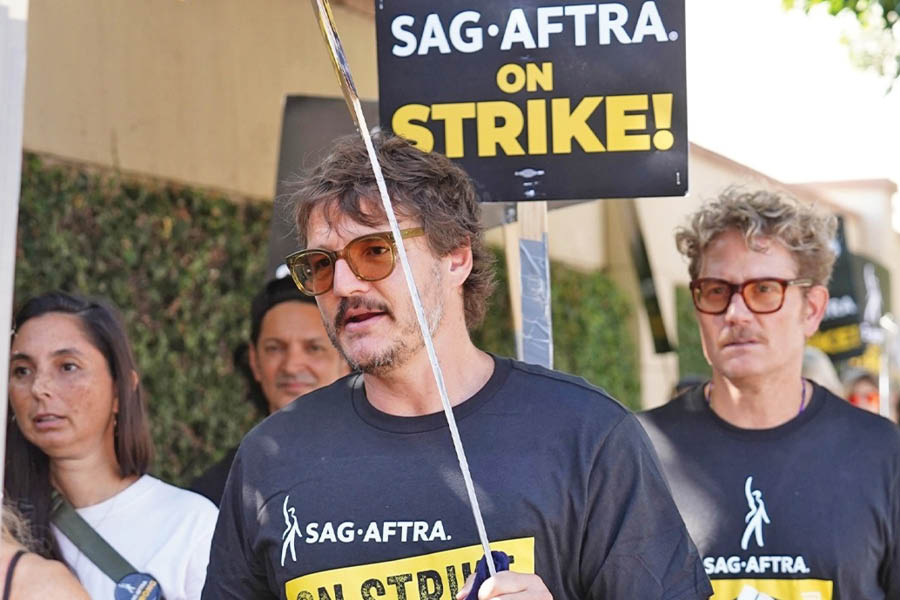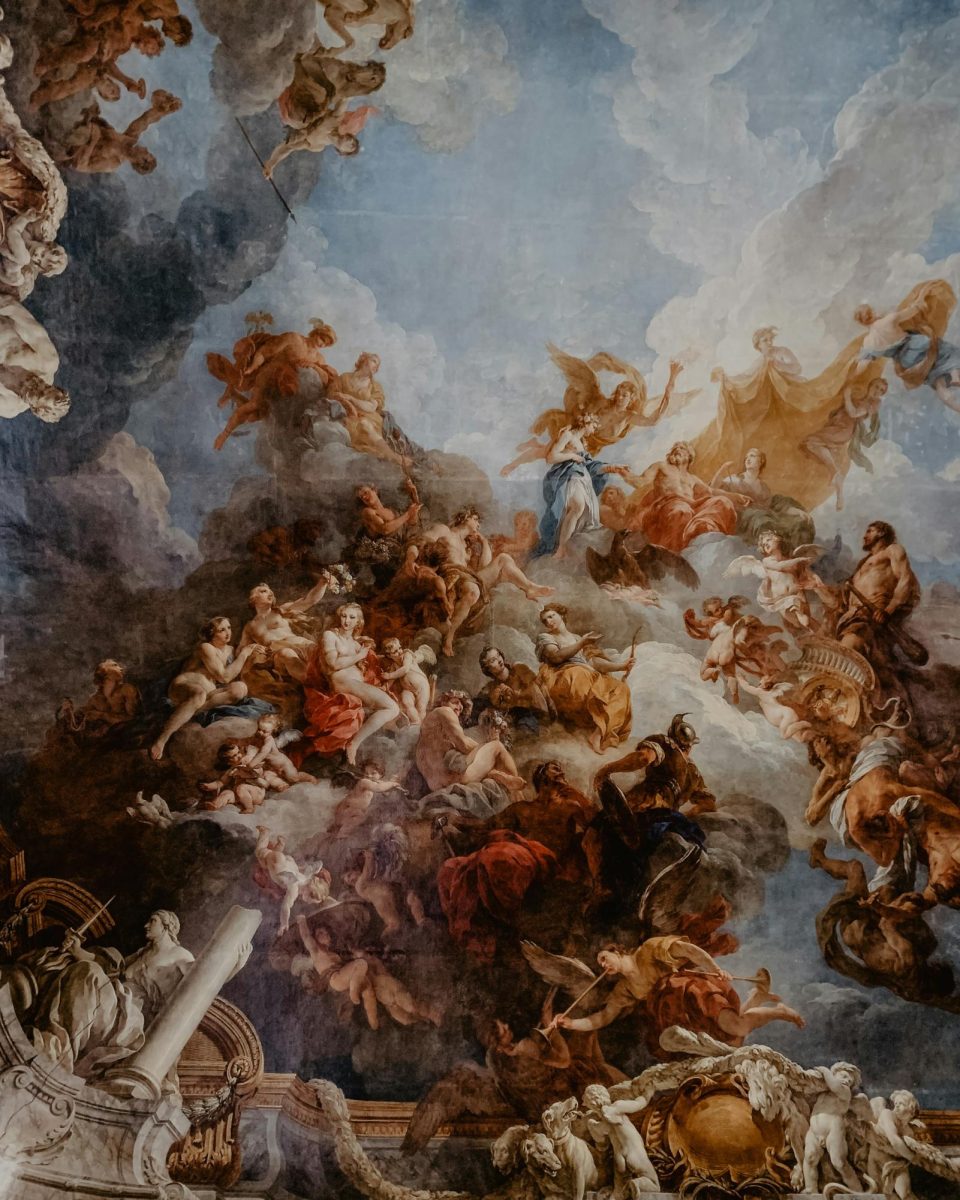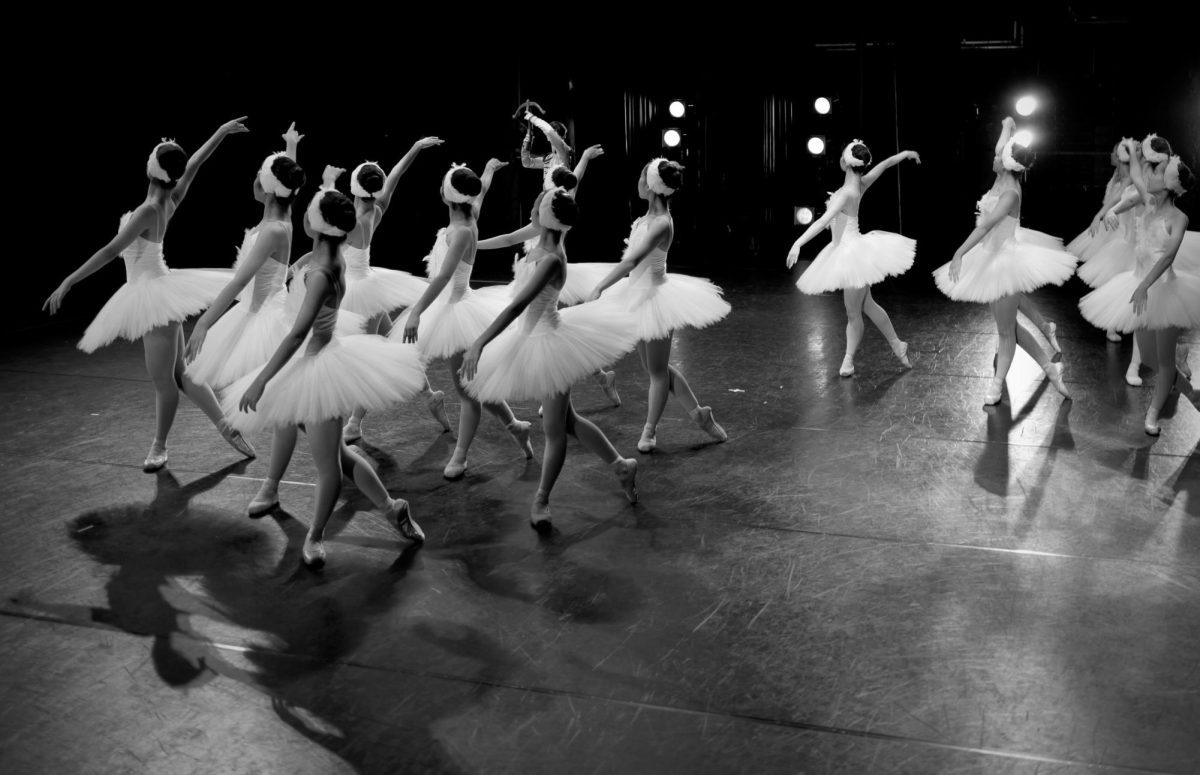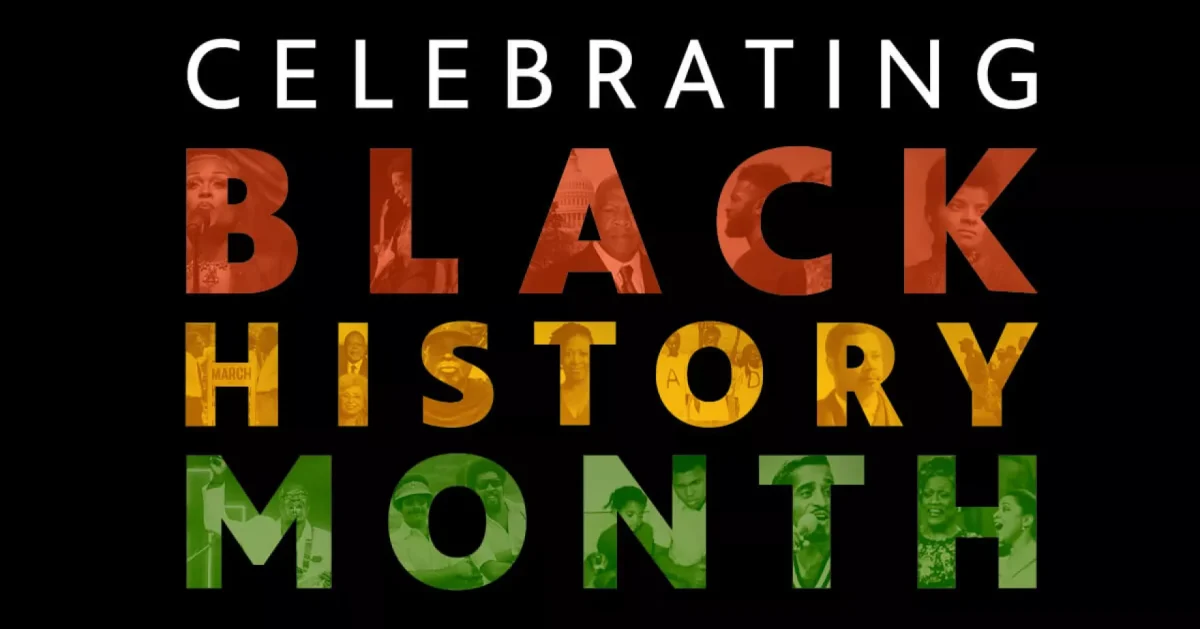After a grueling 118 days, the actors’ strike is finally over. But what was the strike for? How did it affect the film industry? What does this mean for the industry moving forward? These are all questions that the average uniformed person might ask themselves. Luckily for you, this article will answer them.
To understand the strike, you first need to know about SAG-AFTRA, the group that organized the strike. SAG-AFTRA, the Screen Actors Guild-American Federation of Television and Radio Artists, is a union that represents over 100,000 media professionals, most notably actors. You might know them from the Screen Actors Guild Awards, which air live yearly and recognize outstanding performances in film and television.
On July 13, 2023, the SAG-AFTRA website announced this: “SAG-AFTRA’s National Board convened this morning, July 13, and voted to issue a strike of the Producers-SAG-AFTRA TV/Theatrical Contracts of 2014, as amended by the 2017 and 2020 memoranda of agreement, effective July 14, at 12:01 a.m.”
This announcement was made a day after negotiations with the Alliance of Motion Picture and Television Producers (AMPTP), which represents several major studios, including Disney, Netflix, and Warner Brothers.
Actors were fighting primarily for better pay, specifically concerning residuals and the payment received by actors after their work is reissued beyond its initial performance. This is when a film or series is re-aired or re-released. It includes streaming services as well, but according to SAG-AFTRA, residual payments for streaming services are calculated differently, resulting in a much lower rate of compensation.
“As you know, over the past decade, your compensation has been severely eroded by the rise of the streaming ecosystem,” said Fran Drescher, president, and Duncan Crabtree-Ireland, executive director and chief negotiator of SAG-AFTRA, in an open letter to union members.
Along with internal struggles, concern regarding the use of artificial intelligence and its possibility to exploit performers without fair compensation in return is on the rise as well.
“Artificial intelligence poses an existential threat to creative professions, and all actors and performers deserve contract language that protects them from having their identity and talent exploited without consent and pay.” said Drescher and Crabtree-Ireland.
A series of rules had been established on the 10th of July, outlining the prohibition of engagement in film or television productions as well as promotional work like press junkets, film premieres, and fan events. SAG-AFTRA informed publicists that press or acting work following the order of the strike must be canceled, as well as promotion on social media. The strike announcement did not affect work located in the United Kingdom, though, as UK law criminalizes solidarity strikes.
Picketing occurred outside of several studio buildings like CBS, Sony, and Paramount, as well as the NBCUniversal studio, which controversially pruned almost all of their ficus tree leaves, taking away the much-needed shade picketters previously had in the 90°+ Southern California heat. Tens of thousands of protesters filled the picket lines, including a number of celebrities such as Pedro Pascal, Adam Sandler, Pete Davidson, and many others who showed their support for the strike on social media.
Similarly, the Writers Guild of America, or WGA, the union representing over 11,000 screenwriters, went on strike from May 2 until a tentative agreement was made on September 27, over nearly identical grounds of unfair residual compensation and the limitation of the use of artificial intelligence, and with that came an increase in funding and an increase in the size of writers rooms. This strike shut down the production of several TV series, specifically ones like Abbott Elementary and Stranger Things, and the late-night shows, including the ones hosted by Jimmy Fallon and Stephen Colbert.
After multiple negotiations between the SAG-AFTRA and the AMPTP between the 2nd and 11th of October, a tentative agreement in a contract valued at over $1 billion was reached by both sides. Then, on November 9, the strike was declared over, after nearly four months of protest.
“We have achieved a deal of extraordinary scope that includes “above-pattern” minimum compensation increases, unprecedented provisions for consent and compensation that will protect members from the threat of AI, and for the first time, establishing a streaming participation bonus.” said the SAG-AFTRA negotiating committee.
All in all, the goal of the strike was to disrupt the industry, which was definitely achieved. The summer of Hollywood production strikes cost the Southern California economy around $6.5 billion in losses, as well as an estimated loss of around 45,000 jobs. There’s no denying the harsh effects the strike has had on regular people, many of whom have had to sell or mortgage their homes to survive without work.
The 2023 SAG-AFTRA strike was the largest strike in either organization’s history and one that made a considerable impact on the TV and film industries. Moving on, it’s to be hoped that the careers of regular people won’t have to be put on the line in order to ensure fairness and security within places like the entertainment industry, one that’s tough enough as it is.
Works Cited
https://www.google.com/url?q=https://www.sagaftra.org/sag-aftra-strike-order-tvtheatricalstreaming-contracts-0&sa=D&source=docs&ust=1700573789132256&usg=AOvVaw1d1SguAlCpm2gLG-XfmTnfhttps://www.sagaftra.org/message-sag-aftra-president-and-chief-negotiatorhttps://www.thewrap.com/sag-aftra-strike-rules-publicists/https://deadline.com/2023/07/writers-strike-wga-files-federal-complaint-nbcuniversal-construction-1235441167/https://www.sagaftra.org/tentative-agreement-reachedhttps://deadline.com/2023/10/actors-strike-talks-friday-optimism-1235584425/






